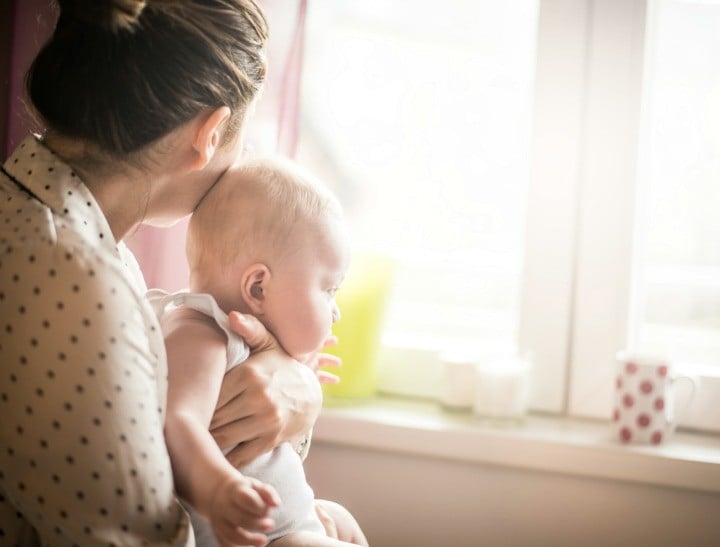
The “Weekend Effect” is not a new concept in medical circles.
Researchers and health professionals have long examined why the outcomes of patients admitted on weekends are not as great as those admitted on weekdays. Now these smart researchers have turned their attention to babies and asked does this “Weekend Effect” occur in maternity hospitals?
Short answer: yes.
Longer answer: below.
In the largest study of its kind (it examined around 1 million patients admitted to English hospitals over a two year period) published in the British Medical Journal researchers found a significant increase across a range of areas such as perinatal mortality (stillborn or within a week of birth), infections, emergency readmissions, and injuries for babies born on the weekend.
“Performance across four of the seven measures was significantly worse for women admitted, and babies born, at weekends,” the study said. “In particular, the perinatal mortality rate was 7.3 per 1000 babies delivered at weekends, 0.9 per 1000 higher than for weekdays.”
Mothers giving birth on the weekend were also more likely to sustain injuries and illness.
But before anyone gets too stressed by the findings, President of The Royal Australian and New Zealand College of Obstetricians and Gynaecologists, Professor Michael Permezel, says it’s a mistake to draw the conclusion that having babies on the weekend is not safe.
Around 40 per cent of births in Australia, he says, involve medical intervention such as inductions or elective caesarean section and the majority of these occur on weekdays.
“These account for nearly half of all births and they are particularly safe. Induction of labour is intensively supervised and monitored and the outcome is mostly exceptionally good,” Professor Permezel says. “But, saying that, it’s wrong to conclude that all women should be induced or have an elective caesarean as it’s still very, very safe having spontaneous labour.”




























































































